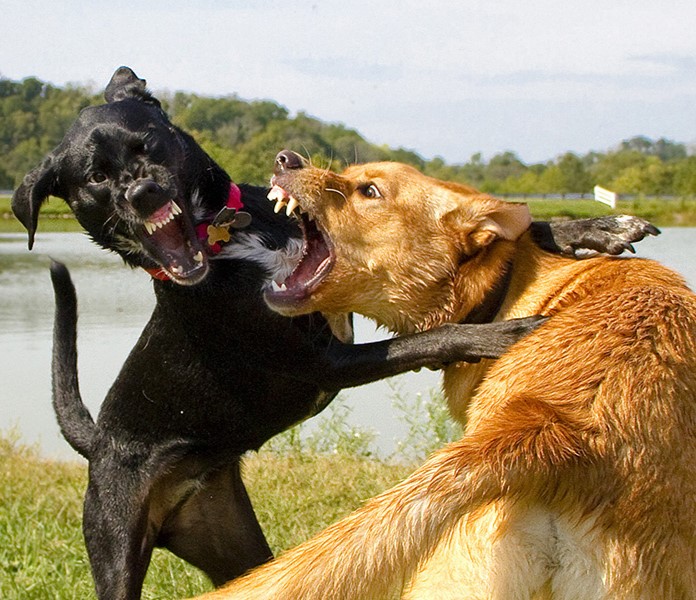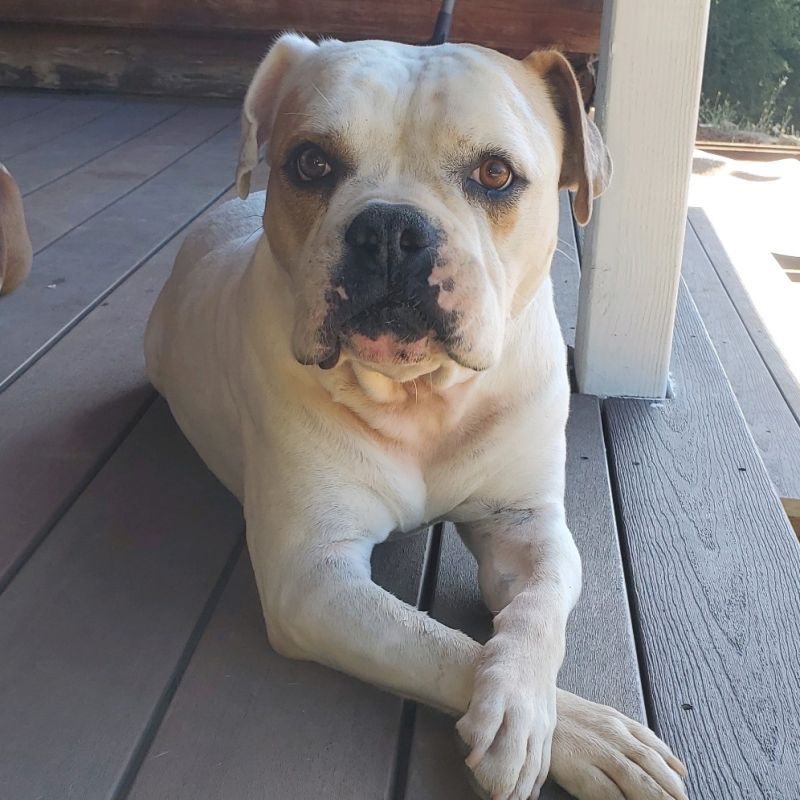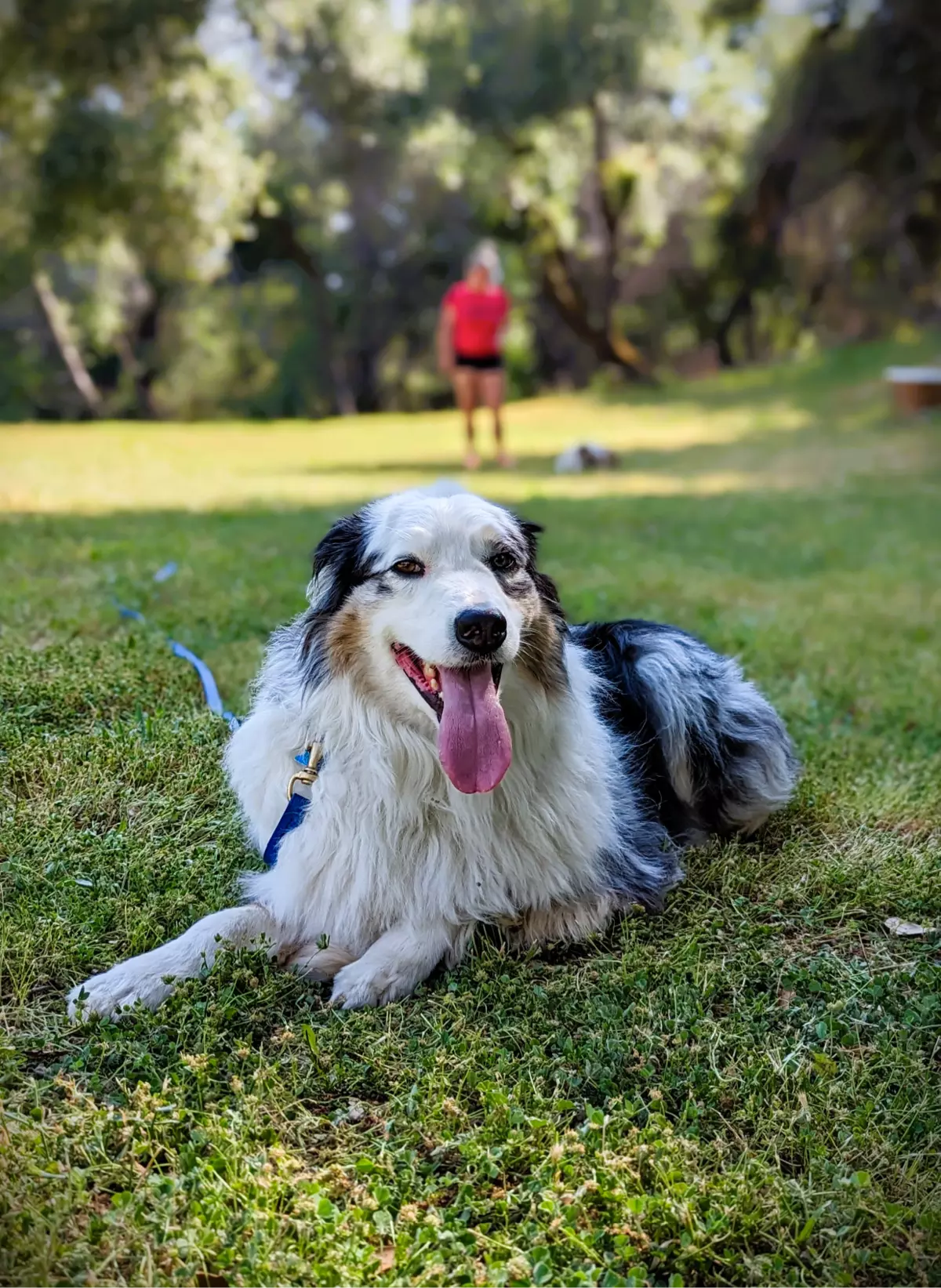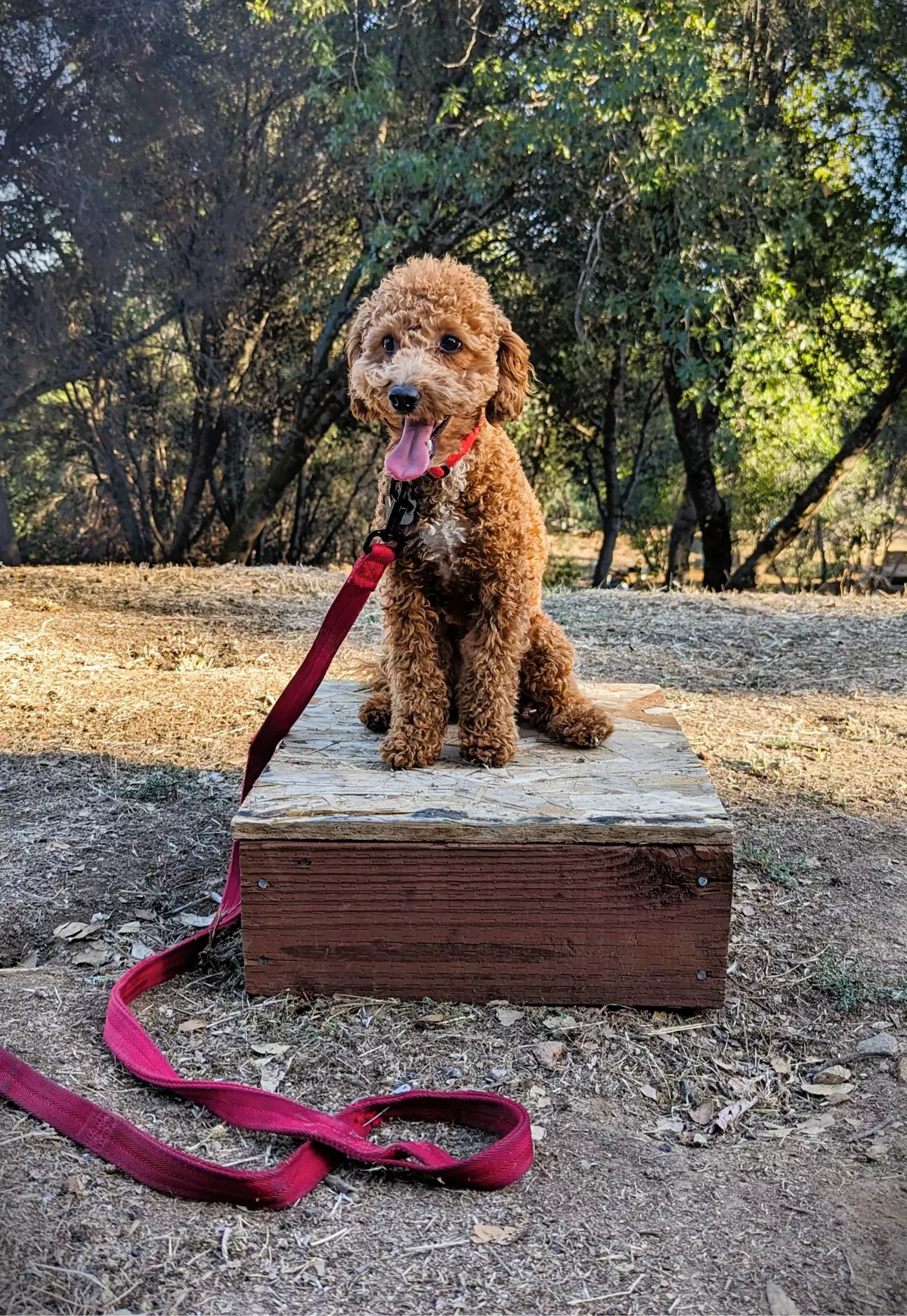Dog Fighting Resolution: Preventing Canine Conflicts
Witnessing dogs engage in a fight is distressing and challenging to manage. Such encounters are often marked by intense violence and physical harm to the involved dogs. Additionally, attempting to intervene in a dog fight poses significant risks of injury to oneself. Accidental bites during such interventions are unfortunately common, underscoring the importance of caution and awareness when dealing with these situations.
Understanding Your Dog’s Aggression
A clear understanding of what prompts your dogs to fight is crucial information. This knowledge reveals the underlying reasons for their aggression, enabling you to prevent conflicts before they escalate proactively. What is knowledge’s value if it doesn’t effectively prevent your dogs from fighting among themselves or other dogs?
Identifying Triggers for Dog Fighting
Understanding the root cause of your dog’s aggression is key to effectively stopping fights. By identifying your dog’s triggers, you can uncover the underlying motives behind the aggression, allowing you to implement appropriate measures to prevent and manage fights.
Common Triggers for Dog Fighting:
- Resource Guarding: Dogs may fight over food, toys, or other valuable resources.
- Territorial Aggression: Protecting their territory or space.
- Fear-Based Aggression: Dogs may fight when they feel threatened or fearful.
- Social Aggression: Conflicts related to dominance or social hierarchy.
- Play That Escalates: Overstimulation during play can lead to aggressive behavior.
- Prey Drive: Dogs may fight over chasing or catching prey-like objects.






